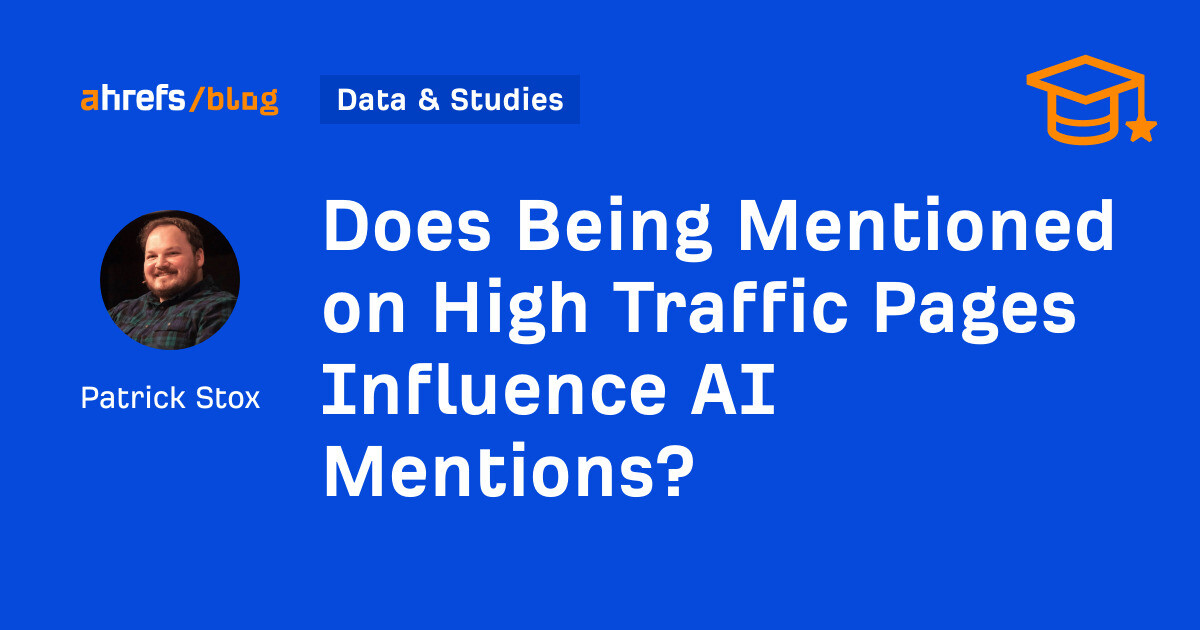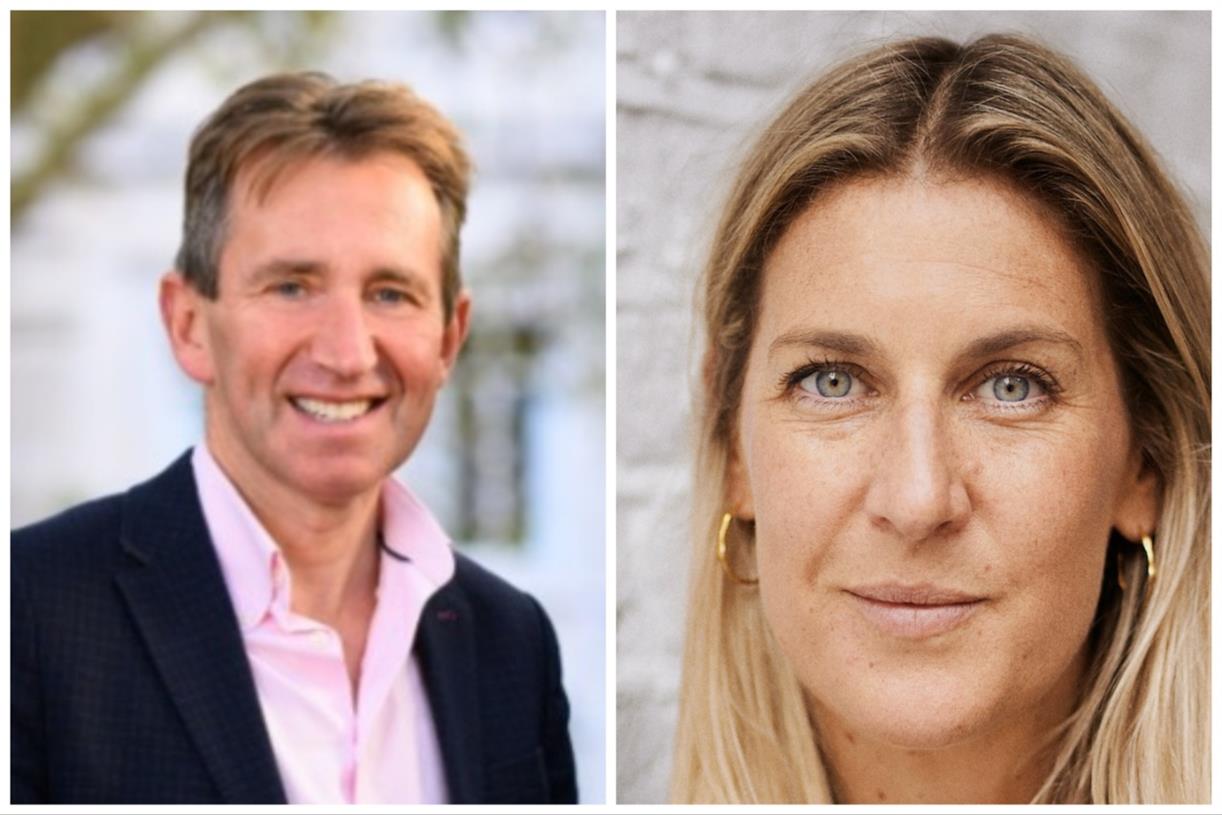10 Things you must know while shopping for the best Breast Cancer cover in Health Insurance
Mahesh Balani, COO of InsuranceMarket.ae provides you handy tips to shop for health insurance which gives you a cast-iron cover. Mahesh Balani Chief Operating Officer InsuranceMarket.ae A cancer diagnosis is not only traumatic for families, but the financial burden...

Mahesh Balani, COO of InsuranceMarket.ae provides you handy tips to shop for health insurance which gives you a cast-iron cover.
 Mahesh Balani
Mahesh Balani
Chief Operating Officer
InsuranceMarket.ae
A cancer diagnosis is not only traumatic for families, but the financial burden associated with pre-treatment, treatment, and post-treatment expenses can be devastating. Knowing that a reliable insurance plan is in place to cover these costs can offer much-needed relief during such a challenging time.
Mahesh Balani guides you on how to make the right choice.

Q: What is the most important thing to keep in mind while shopping for health insurance?
The first thing is to make sure you understand the limits or sub-limits of coverage on Chronic Conditions. Many plans cap coverage to Dh150,000 not only on preexisting conditions, but also on newly developed chronic conditions as well. Cancer care can be expensive so it’s wise to examine that the plan you are choosing does not have limitations.
Q: How can we ensure a low co-pay?
Co-pay on Inpatient treatment is mainly on essential benefits plan and capped at AED 500 per encounter and a maximum of AED 1,500 in a policy year. Majority of comprehensive plans do not have a co-pay for Inpatient treatment. For outpatient treatment such as doctor visits, lab tests, pharmacy, there are options of Nil co-pays or 10-20% of the total outpatient bill.
Q. If a woman has a family history of breast cancer will that impact her premium?
We do not typically see insurers charging extra on declaration of family history although they do ask this question in applications for individual plans. They have the discretion to charge a premium based on facts declared where there is a family history combined with other co-morbidities.
Q. How can women ensure their insurance has a comprehensive cover for pre and post treatment?
Look for specific benefits related to routine preventive screening such as Mammogram in the table of benefits. The DHA mandatory benefits already require insurers to cover screening, chemo, radiation and surgery etc. One must also consider the following when identifying a plan
Overall annual limit of coverage. And any cap on newly diagnosed chronic conditions (typically Dh 150,000). Should aim to have higher limits of cover without restrictions on newly diagnosed chronic conditions. Avoid plans with waiting periods in newly developed chronic conditions. This could be up to six months; it applies to buying health insurance in the UAE for the first time and do not have a gap in cover between renewals. Coverage for Advanced Therapy Medical Products (ATMPs) which is typically on international insurer products and not to be considered as a standard in all plans. Hospice and palliative care coverage. When someone is terminally ill, the cost of care could be very expensive and leave the family to deal with major out-of-pocket spending. There may always be some out-ofpocket spending or an increase in renewal premiums. Adequate critical Illness insurance should be purchased as early as possible to cover a fixed agreed payout upon diagnosis of cancer and other major illnesses. This can help the family cope with any additional expenses that fall out of the scope of health insurance.Q. When does the coverage kick in. For instance, if a woman is diagnosed with breast cancer three months after she buys the insurance will it be covered?
Medical history and patient file will be requested by the insurer to verify if the patient is a known case of cancer or has any undeclared history. If there is no evidence of misrepresentation, the insurer must cover it. There may be waiting periods of 6 months for newly diagnosed chronic conditions and it would be stated clearly in the policy benefits. Before signing on the dotted line, a complete understanding of the waiting periods should be taken.
Q: Please elaborate on the Basma cover for cancer for all those under Essential Basic Package (EBP)?
Basma is an initiative from the DHA and is a Cancer Support Program aimed at the three most prevalent cancers in the UAE (Colorectal, Breast and Cervical) and to reduce mortalities from such cancers. It is directed at supporting people in the ‘Lower Salary Band’ (LSB) – below or up to AED 4,000 per month, in Dubai. The aim is to support the underprivileged with state-of-the-art cancer care through the DHIC Center of Excellence. Enrolment into Basma is at the discretion of the insured. Should the cost of care exceed the limit of coverage provided by the insurance company, the Basma fund will cover additional expenses, so the patient doesn’t get affected.
Q: Can Basma cover be taken additionally by someone who is not in the LSB category?
All Dubai visa holders must pay the fee of AED 37 + VAT towards Basma along with their insurance plan. While the mandate of Basma is to support LSB members on Dubai visa, others can enroll into the program provided it is done through their insurer and prior approval is sought. There would not be any additional coverage if annual limits under insurance are exhausted, but they may benefit from better care and subsidized rates on treatments.
Q. Do insurances provide an option for coverage in home country?
Yes, many do, provided that the territory of coverage on the plan supports coverage in that country. Insurers also have network partners that can offer a direct billing facility (cashless experience for the customer) in many countries.
Q: Do insurances also provide cover for loss of job during cancer care?
Health insurance plans do not offer this kind of cover. Current job loss insurance offered as part of the Federal laws of UAE covers involuntary loss of employment and may trigger due to termination by employer if there is prolonged absence from work beyond the accrued leaves or sick leave allowances.
Q. Do insurances provide coverage for alternative therapies like homeopathy, ayurveda and experimental treatments like Proton Beam therapy?
Insurers cover alternative therapies like homeopathy and ayurveda but typically for small limits. All insurers generally follow a standard exclusion for experimental treatments. However, an insurer can consider PBT on a case-to-case basis where there is adequate medical justification.

 ShanonG
ShanonG 
































